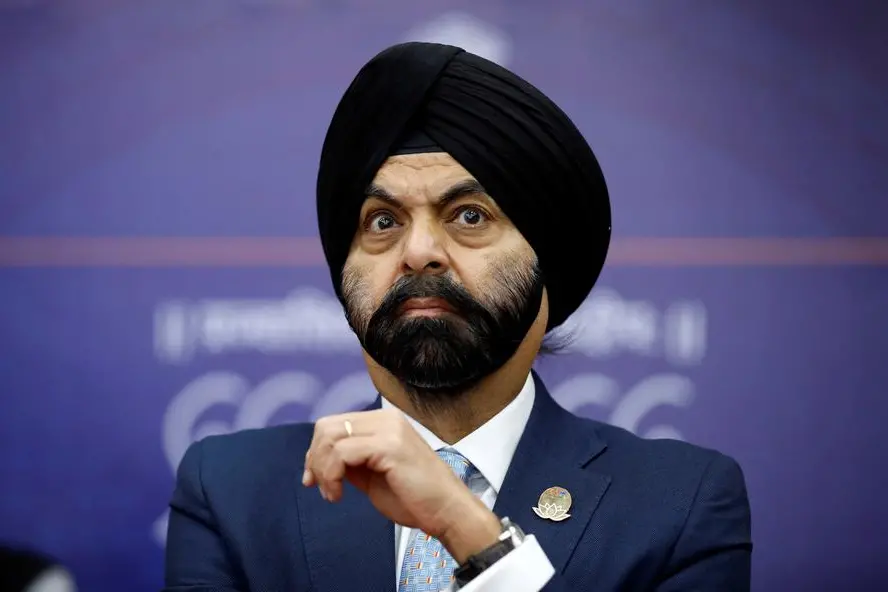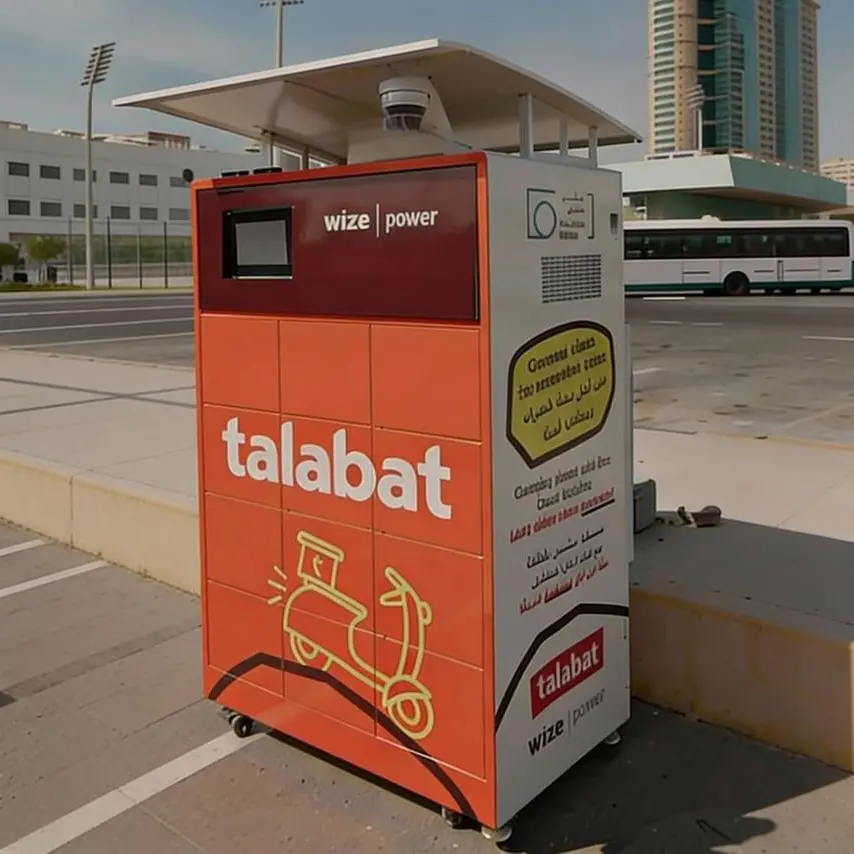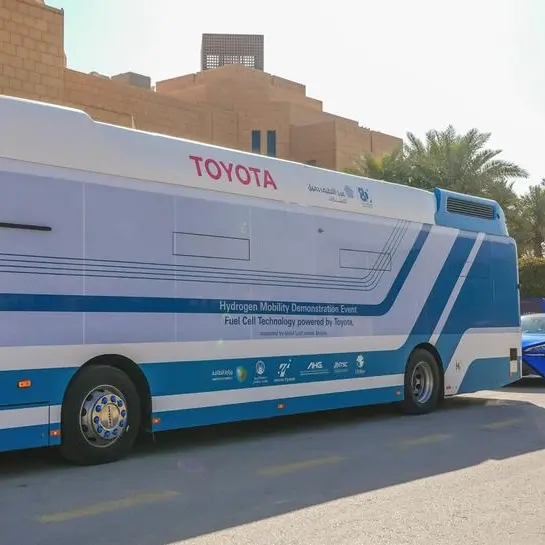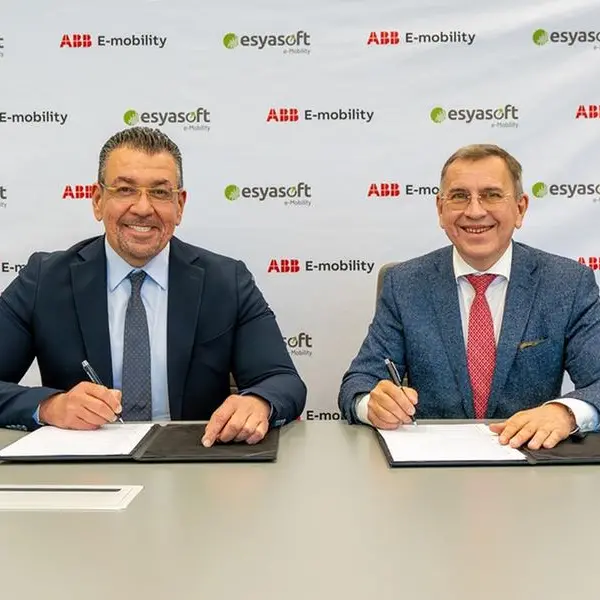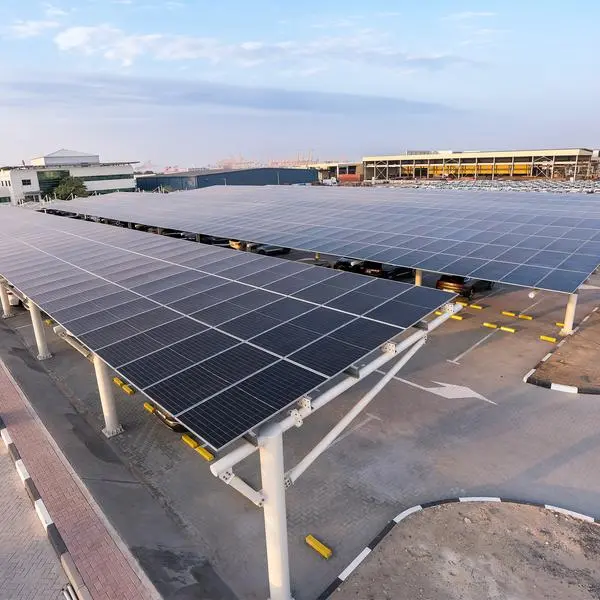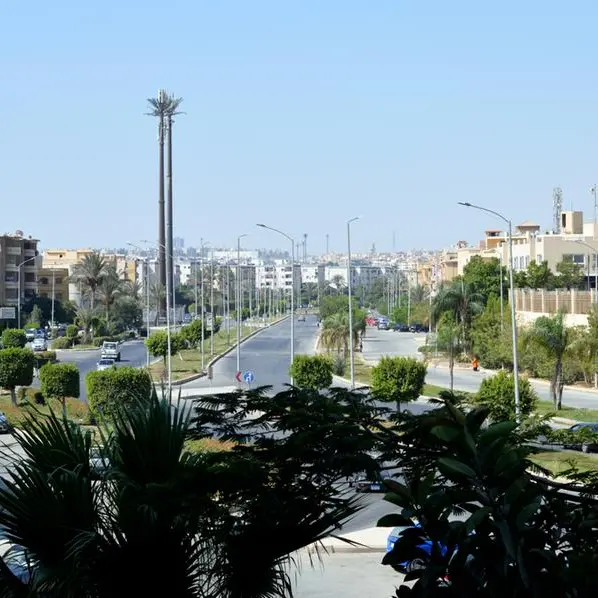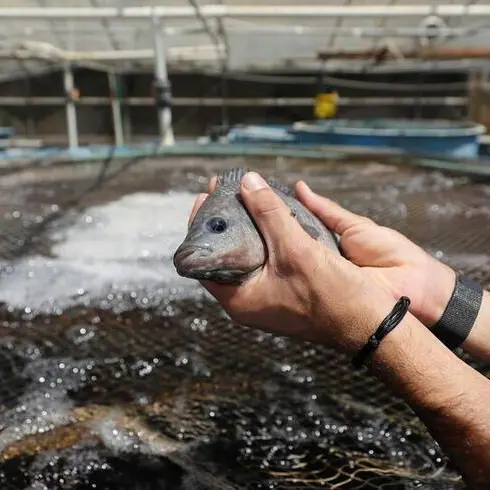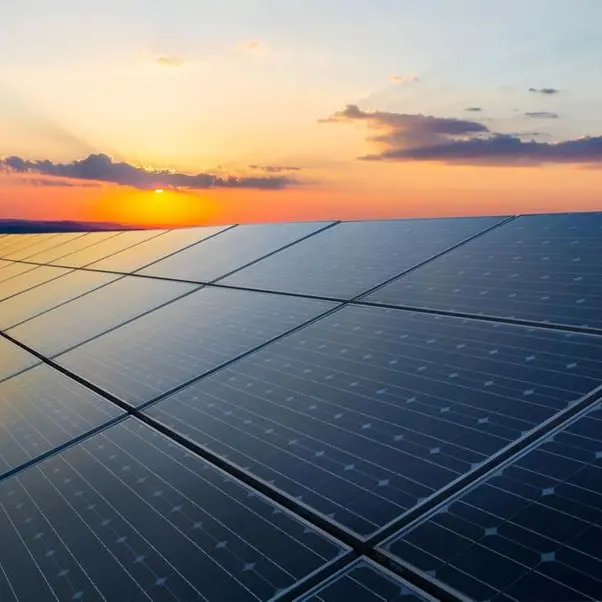PHOTO
The World Bank has backed South Africa's efforts to promote long-term energy security and a low carbon transition with a $1 billion loan, it said.
Africa's most developed economy has been facing a biting energy crisis which has damaged its reputation, dented economic growth at a time when it has been working to implement a transition to a low carbon economy.
The World Bank said in a statement that in 2022, electricity cuts in South Africa averaged eight hours a day, costing 2-3% of GDP growth to the economy.
Its said the project it is supporting with the loan will facilitate the restructuring of the power sector through the unbundling of South Africa's state-owned power utility, Eskom into separate companies.
The initiative will also usher in a low carbon transition by encouraging private investment in renewable energy, including by households and small businesses, and strengthening carbon pricing instruments.
"These reforms will benefit the people of South Africa - particularly the most vulnerable households, the economy, the environment, and advance the energy transition," Marie Francoise Marie-Nelly, the World Bank’s Country Director for South Africa, said.
The country is amongst the world's top 20 greenhouse gas emitters. Energy represents 81% of South Africa's emissions, of which 45% comes from electricity, the Bank said.
The entire project is expected to enhance economic activity and job creation from new investments in renewable energy generation.
A senior South African government official said the plan outlined by the World Bank will provide much needed fiscal and technical support for the economy.
It would also enable South Africa "to pursue our policy priorities in the energy sector, including easing the electricity crisis in the long term, stimulating private sector engagement and creating jobs in the renewables space," Mmakgoshi Lekhethe, a Deputy-Director General in the National Treasury said.
(Editing by Seban scaria@lseg.com)
